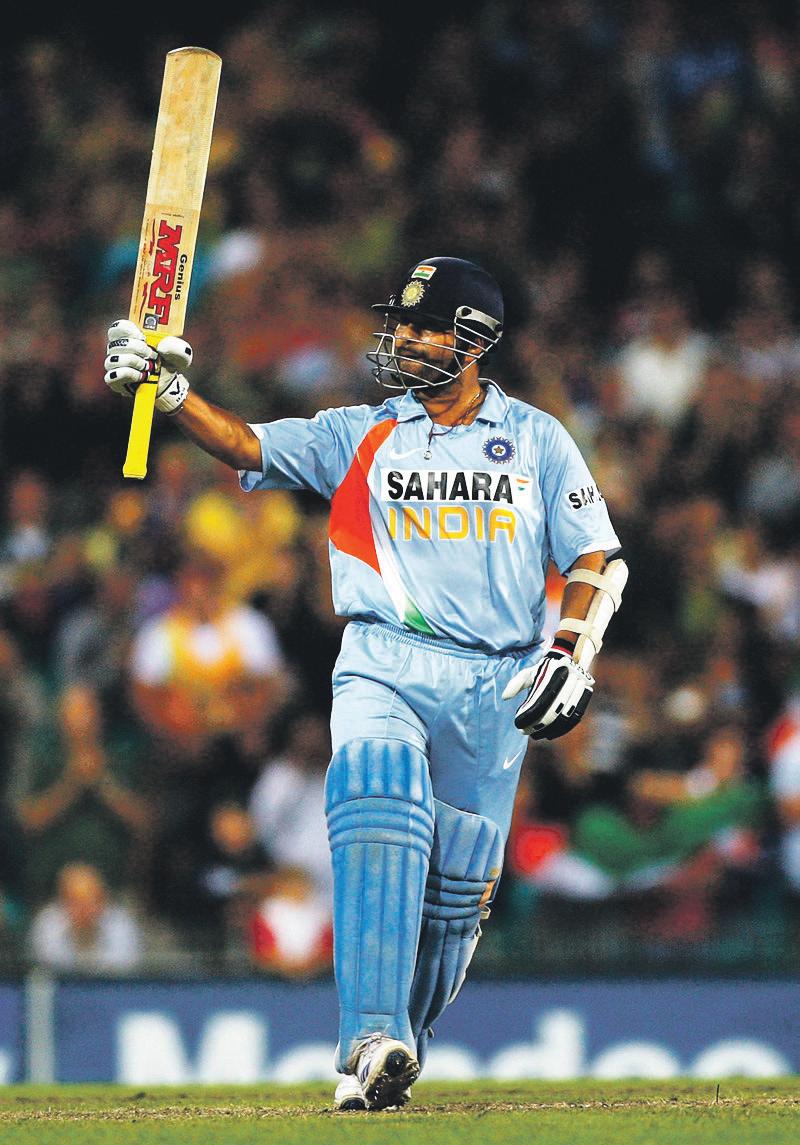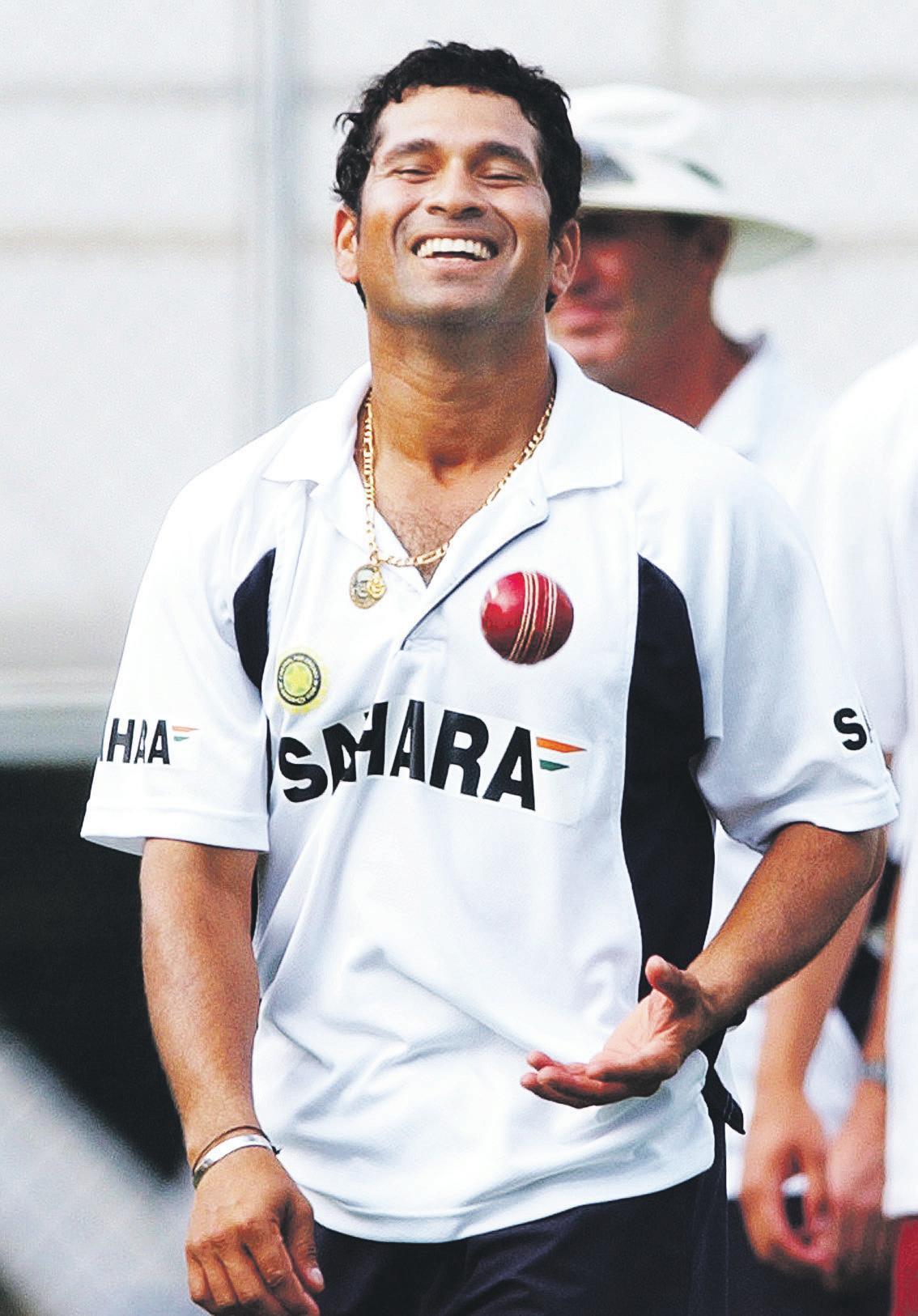
1 minute read
Thank you for
from 2013-12 Melbourne
by Indian Link
retirement from cricket earlier this month marks the end of a
BY RITAM MITRA
story to share – whether it is watching him on television, seeing him play live, or meeting him in person. They say that India stood still when Tendulkar was batting –but it was in those moments that the country’s, and indeed cricket’s love affair with him, reached
It was an affair only partly based on his feats on the cricket field. His batting was magical, make no mistake; but his statistics are a mere by-product of the romance – a love child that everyone knows about, but wouldn’t mind living without.
After all, the ‘most memorable Tendulkar moment’ question is not answered with ‘His 34,347 runs in international cricket’ or ‘His 100 international centuries’.
The cricketing world’s romance with Tendulkar has been built around stolen moments that will stay frozen in time: his lone stand against the might of McDermott, Hughes, Whitney and Reiffel on a dicey Perth deck in 1992; his devastating assault on Warne in Sharjah, 1998; his brutally flayed cut shot for 6 against Shoaib Akhtar in the 2003 World Cup. It has been a somewhat dysfunctional relationship. After 24 years in the spotlight, none of us can say we really knew Sachin Tendulkar at all. On what would be his last day of international cricket, his wife Anjali gave an interview that revealed an almost mundane life with him at home. When he spent those rare periods of time with his family, he would annoy her immensely with his knack for finding faults – pointing out peeling paint here, cracks there. Harsha Bhogle later told viewers that the first time he visited the Tendulkars, Anjali made him tea while Tendulkar brought out the tea cups, “… just like any other middle-class Indian family”.
But this was not the Tendulkar we knew, and perhaps it was best that way. Sachin’s rise coincided with India’s rise as an economic power – not just in cricket, but on the world stage. In a country traditionally disillusioned by politics – exemplified even in the heavy emotion following Tendulkar’s last match, when Maharashtra Chief Minister Prithviraj Chavan and National Congress Party President Sharad Pawar were greeted with jeers and booing from the crowd –Tendulkar was the hero India needed. Not for his straight drive or back-foot punch through the covers, neither for his Pepsi commercials, nor for the timeless stories of his early-morning drives around the streets of Mumbai in his Ferrari, although those are the things we might well remember most about him.

In the end, India needed Tendulkar for his humility. As the nation found its voice on










